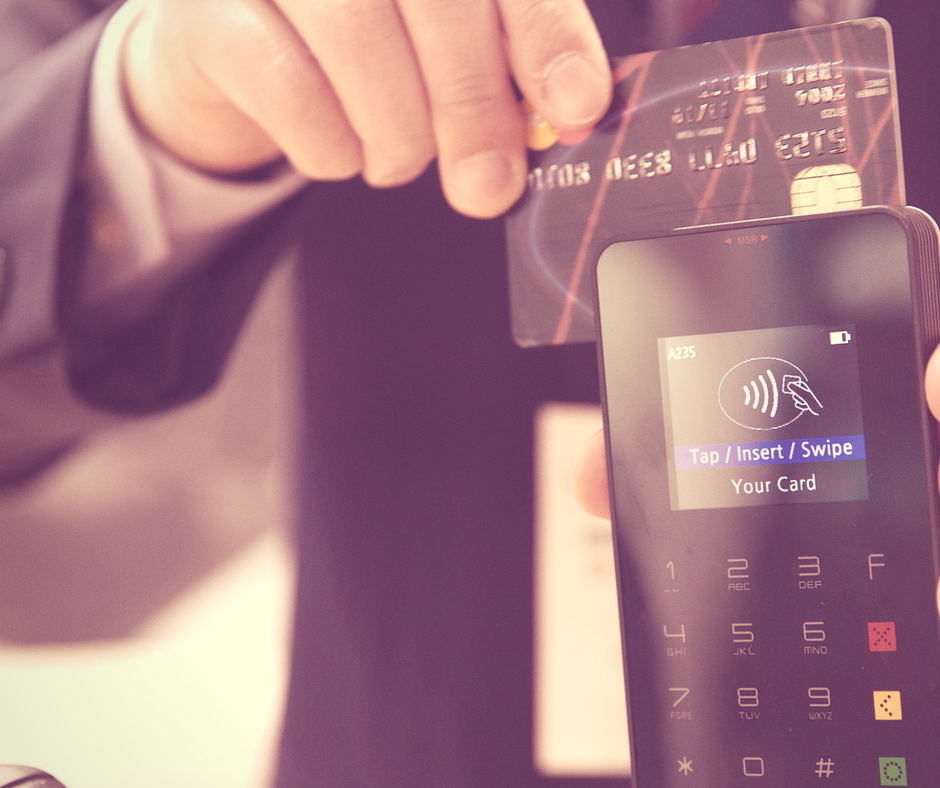Originally posted 1/8/2018 and updated 3/7/2022
Do you know what happens to your bills when you die? In Washington, when you die, your creditors don’t give up their right to be paid, but they can’t make the beneficiaries under your will (or your heirs at law if you don’t have a will) pay those debts.
If there is enough money when you die to pay off all of the creditors, they get paid first and your beneficiaries or heirs receive what is left.
Unsecured creditors (for example, credit card companies) have to make a claim or they don’t get paid, while secured creditors (for example, a bank that gave you a home loan) get paid regardless.
If there isn’t enough money to pay all of the creditors, secured creditors can get paid by foreclosing on the property that is securing their loans. The unsecured creditors are paid what money is left. Your beneficiaries or heirs will receive nothing, but they don’t have to pay the outstanding balances on those debts.
There are some types of assets that don’t have to be paid to creditors, even if there is not enough money to pay all of the bills. For example, the people you name as the beneficiaries of your retirement accounts still receive their share of those accounts, even if there are unpaid creditors.

